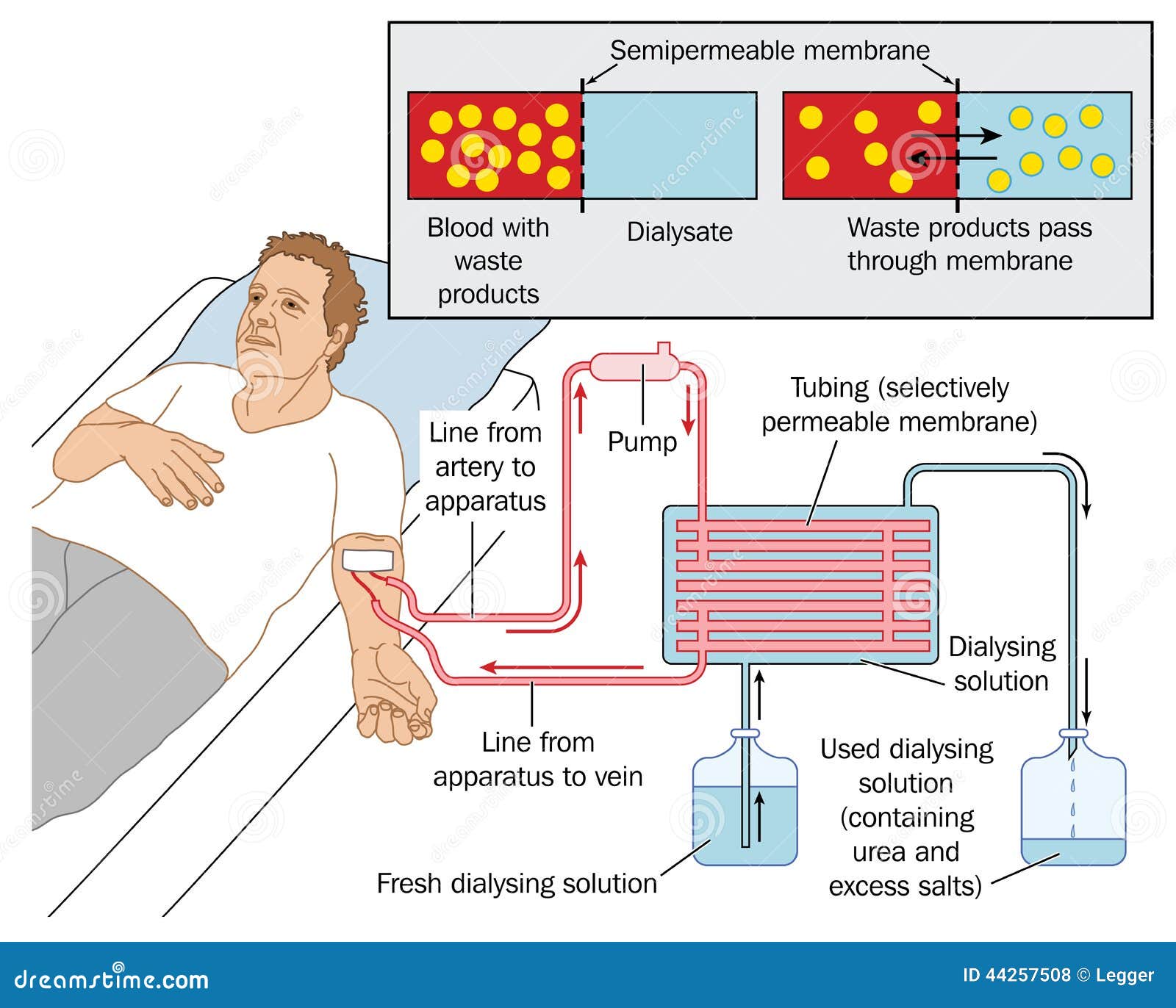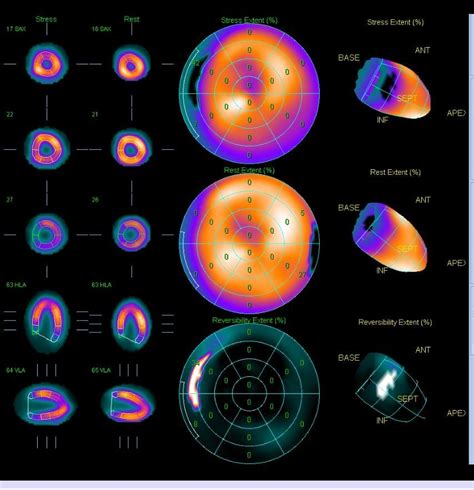Dialysis Care Guide: Choose Top Local Clinics

When it comes to dialysis care, selecting the right clinic can significantly impact the quality of life for patients undergoing treatment. Dialysis, a medical treatment that filters and purifies the blood using a machine, is a life-sustaining procedure for individuals with end-stage renal disease (ESRD) or acute kidney failure. The choice of a dialysis clinic is crucial, as it directly affects the patient’s health outcomes, comfort, and overall experience. In this comprehensive guide, we will explore the key factors to consider when choosing a top local dialysis clinic, discuss the importance of personalized care, and provide insights into what makes a clinic stand out from the rest.
Understanding Dialysis and Its Importance
Before diving into the selection process, it’s essential to understand the basics of dialysis and its role in patient care. Dialysis is not a cure for kidney disease but rather a treatment that performs the kidneys’ job of filtering waste products, excess water, and balancing electrolytes when the kidneys are no longer able to do so. There are two primary types of dialysis: hemodialysis, which uses a machine to filter the blood outside the body, and peritoneal dialysis, which uses the peritoneum in the abdomen as a membrane across which fluids and dissolved substances (electrolytes, urea, glucose, albumin, and other small molecules) are exchanged from the blood.
Key Factors in Choosing a Dialysis Clinic
Proximity and Accessibility: The location of the clinic is a critical factor, especially for patients who require regular dialysis sessions. A clinic that is close to the patient’s home can significantly reduce travel time and stress.
Quality of Care: Look for clinics with high patient satisfaction ratings and low infection rates. The quality of care can be assessed by reviewing patient testimonials, checking with local health departments for any citations or complaints, and evaluating the clinic’s adherence to infection control protocols.
Staff Expertise and Patient-to-Staff Ratio: A well-trained and compassionate staff can make a significant difference in the patient’s experience. Ensure that the clinic has a favorable patient-to-staff ratio, allowing for personalized attention and care.
Treatment Options and Scheduling Flexibility: Some clinics may offer more flexible scheduling options, including evening or weekend dialysis, which can be beneficial for patients with work or family commitments. Additionally, consider clinics that offer both hemodialysis and peritoneal dialysis to provide more treatment options.
Advanced Technology and Equipment: Clinics that invest in the latest dialysis technology and maintain their equipment well can provide more efficient and comfortable treatments.
Support Services: Many clinics offer additional support services, such as dietary counseling, social work services, and vascular access management. These services can play a vital role in the overall care and well-being of dialysis patients.
Personalized Care: Why It Matters
Personalized care is at the heart of any successful dialysis treatment plan. Each patient’s health condition, lifestyle, and personal preferences are unique, and their dialysis care should reflect this. A clinic that prioritizes personalized care will take the time to understand each patient’s needs, tailor the treatment plan accordingly, and continuously monitor and adjust the plan as necessary.
What to Expect from Top Local Clinics
Top local dialysis clinics distinguish themselves through their commitment to providing high-quality, patient-centered care. They typically have:
- Highly Trained Staff: Nurses, technicians, and doctors who are not only proficient in their roles but also empathetic and communicative.
- State-of-the-Art Facilities: Clean, well-maintained facilities equipped with the latest in dialysis technology.
- Comprehensive Support Services: Including nutritional advice, physical therapy, and psychological support to address the holistic needs of patients.
- Flexible Scheduling: To accommodate different lifestyles and needs, ensuring that dialysis fits into the patient’s life rather than dictating it.
- Continuous Quality Improvement: A proactive approach to assessing and enhancing care standards, patient satisfaction, and outcomes.
Making an Informed Decision
When selecting a dialysis clinic, it’s crucial to do your research. Here are some steps to take:
- Ask for Referrals: Consult with your healthcare provider, friends, or family members who have undergone dialysis for recommendations.
- Visit Clinics: Get a firsthand experience of the clinic’s environment, meet with the staff, and ask questions.
- Review Online Ratings and Testimonials: While personal visits provide valuable insights, online reviews can offer a broader perspective on patient experiences.
- Check Accreditation: Ensure the clinic is accredited by a recognized accrediting organization, which verifies that the clinic meets certain standards of care.
Conclusion
Choosing the right dialysis clinic is a significant decision that affects not only the medical aspect of a patient’s care but also their overall quality of life. By understanding the factors that contribute to excellent dialysis care and doing thorough research, patients and their families can make informed decisions. Remember, the goal of dialysis care extends beyond just the treatment of kidney disease; it’s about supporting patients in living their lives to the fullest.
What are the primary types of dialysis?
+The two primary types of dialysis are hemodialysis and peritoneal dialysis. Hemodialysis uses a machine to filter the blood outside the body, while peritoneal dialysis uses the peritoneum in the abdomen as a membrane across which fluids and dissolved substances are exchanged from the blood.
How often is dialysis required?
+The frequency of dialysis sessions can vary depending on the individual's health condition and the type of dialysis. Generally, hemodialysis is performed three times a week, with each session lasting about four hours. Peritoneal dialysis can be done manually throughout the day (continuous ambulatory peritoneal dialysis, or CAPD) or at night with the aid of a machine (continuous cycling peritoneal dialysis, or CCPD).
Can dialysis be done at home?
+Yes, both hemodialysis and peritoneal dialysis can be done at home under certain conditions. Home hemodialysis requires a significant amount of space for the dialysis machine and water treatment system, as well as training for the patient and a care partner. Peritoneal dialysis, especially CAPD, is more commonly done at home as it involves manual exchanges throughout the day. The decision to undergo dialysis at home should be made in consultation with a healthcare provider, considering the patient's medical condition, lifestyle, and ability to perform the necessary procedures safely.
In the journey of managing kidney disease, the choice of a dialysis clinic is not just about medical treatment; it’s about finding a partner that supports and cares for the whole person. By focusing on quality, personalization, and comprehensive care, patients can navigate their dialysis journey with confidence and hope for a better future.



